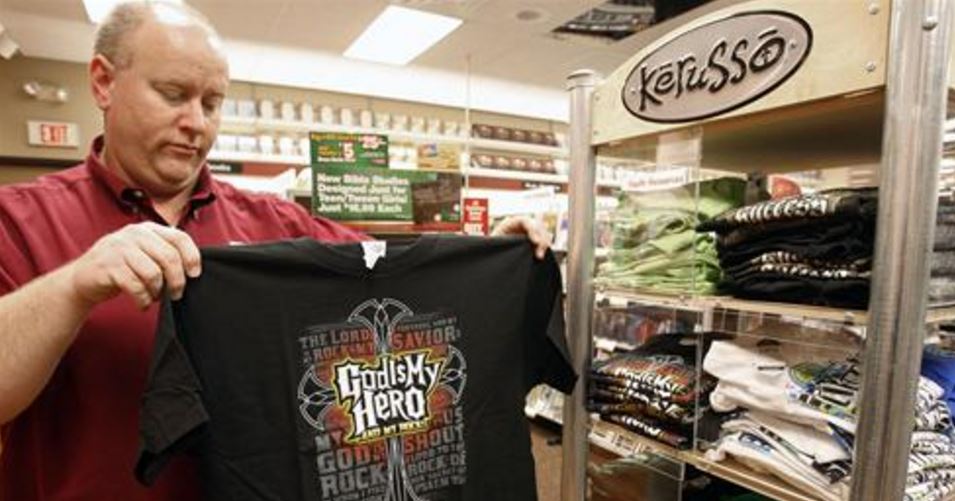The news came recently that Family Christian Stores, the nation’s largest retail Christian book chain, is going out of business. In fact, it is interesting that the word “books” was no longer in the business’s title anymore, a good indication of the reason for the decline of Family Christian Stores and Christian book stores generally.
Many Christians long ago stopped bothering with such places because the number and quality of the books they carried had deteriorated to such a point that a visit there for any reasons remotely literary was pointless.
A recent article in Christianity Today said it well:
“At the start of this year, author Jared C. Wilson tweeted a list of the Evangelical Christian Publishers Association’s 100 best-selling books of 2016. Among the titles in the top 20: three versions of Sarah Young’s controversial Jesus Calling, two kids joke books, two adult coloring books, titles by HGTV stars and athletes, and, of course, the latest from Joel Osteen.”
And that’s the serious stuff they carried. The rest consisted of what has been called “Jesus junk”: trinkets, knick-knacks, and saccharine-themed greeting cards.
It is hard to determine to what extent these businesses were the cause of the cultural wasteland Christian culture has become or whether they were the consequence of it. Probably a little bit of both.
The irony of this situation is that we are the heirs of a vast treasure trove of great Christian literature extending back two millenia. They weren’t about being the wealthy person God wants you to be and they didn’t purport to help you become a better you. They were serious meditations on our relationship to God, the world, and other men. Most of them aren’t even that hard to read.
And in addition to specifically Christian writing, there are also the great authors of the last 200 years, particularly in English, who are either directly or subtly Christian. Leo Tolstoy, who may have been the greatest novelist of all time, was directly and explicitly Christian. Dostoevsky almost as much.
Walker Percy, Flannery O’Connor, Graham Greene, Wendell Berry: These names constitute a litany of great Christian writers who form part of the core of the Modern Western literary canon. Even the writers who have populated the standard list of modern classics—Hemingway, Steinbeck, Faulkner—are, if not Christian in theme (e.g., East of Eden), at least Christian in their sensibility (just about everything else they wrote).
What we forget is that Europe was once a Christian civilization—a civilization that was transmitted to America largely through our English heritage—and its literature was soaked and steeped in the great truths of the faith.
The problem with Christian culture is the same problem that our entire society faces: cultural illiteracy. This is partly due to the fact that our public schools have abandoned and are now undermining the Western tradition that they were originally chartered to pass on. And it is partly due to the fact that there is no mechanism in the church itself that prevents its adherents from drowning in the sea of cultural trivia along with everyone else.
Fortunately, there are a growing number of classical Christian schools who understand this problem and are trying to come to terms with it. There is a long way to go even for these schools, but it’s a start.
















Leave a Comment
Your email address will not be published. Required fields are marked with *